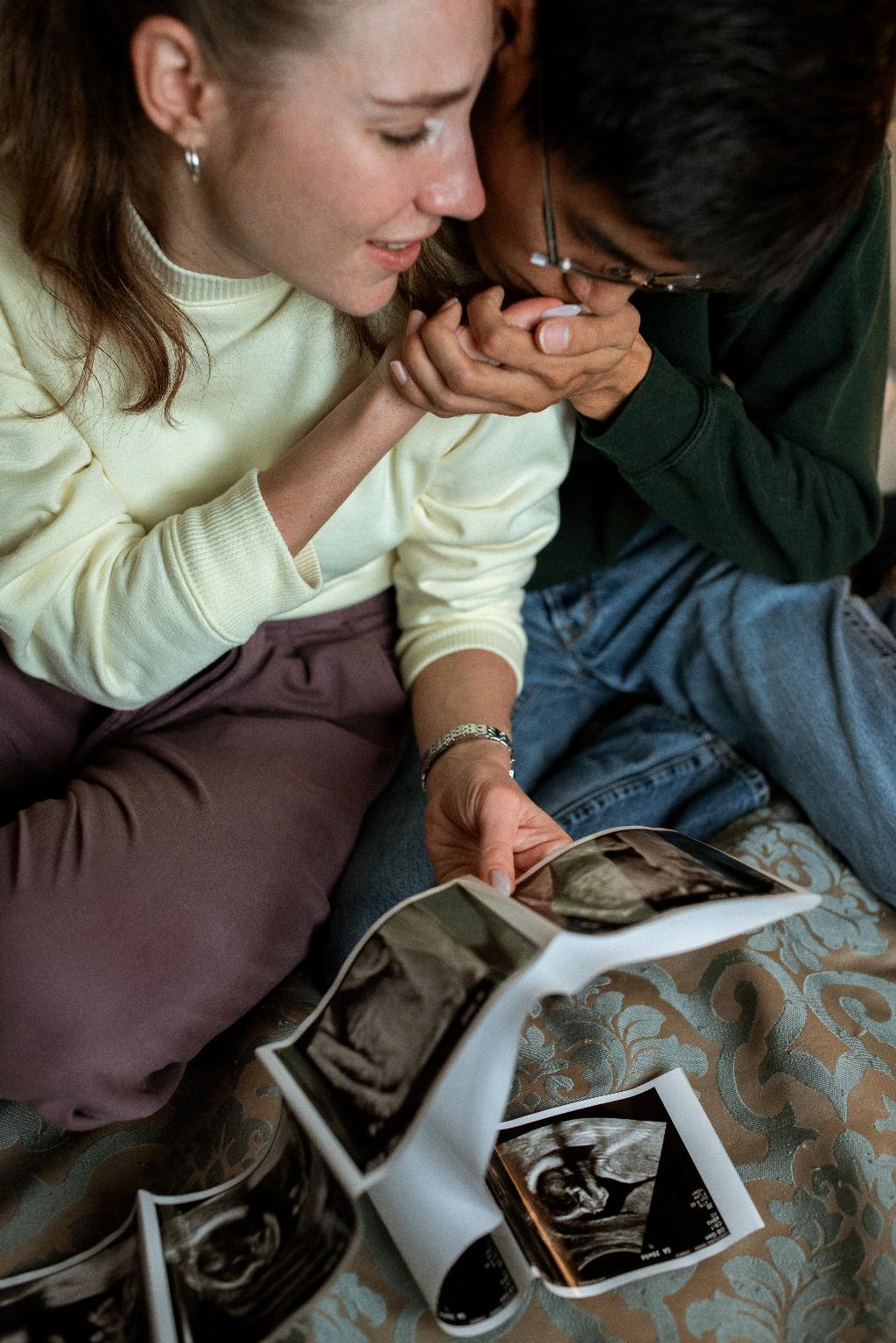When it comes to the impact of caffeine consumption on early pregnancy, the evidence suggests that there is indeed a connection between the two. Studies have shown that intake of caffeine during pregnancy can lead to various complications that could potentially affect both the mother and the developing fetus.
One of the main concerns associated with caffeine consumption during early pregnancy is the increased risk of miscarriage. Research has indicated that high levels of caffeine intake can elevate the chances of miscarriage, which underscores the importance of monitoring caffeine consumption during this crucial period.
Furthermore, caffeine consumption during early pregnancy has been linked to fetal growth restriction. This means that excessive intake of caffeine could potentially inhibit the proper growth and development of the fetus, leading to complications that could affect the health of the unborn child.
In addition to fetal growth restriction, high levels of caffeine intake during early pregnancy have also been associated with low birth weight in newborns. Babies born with low birth weight are at an increased risk of various health issues and may require special medical attention to ensure their well-being.
Moreover, research has suggested that the effects of caffeine consumption during early pregnancy can extend beyond birth, potentially impacting the child’s future health and cognitive development. The risks associated with caffeine intake during pregnancy highlight the importance of understanding and regulating caffeine consumption during this critical stage.
It is crucial for expectant mothers to be aware of the potential risks associated with caffeine consumption during early pregnancy and to make informed choices regarding their dietary habits. By limiting caffeine intake and being mindful of the potential consequences, pregnant women can help mitigate the risks and promote a healthier pregnancy and childbirth experience.
Consulting with healthcare providers and seeking guidance on appropriate caffeine consumption levels during pregnancy is essential for expectant mothers. Healthcare professionals can provide personalized recommendations and support to help pregnant women make informed decisions about their caffeine intake and overall prenatal care.
Overall, the evidence indicates that caffeine does indeed have an impact on early pregnancy, with potential repercussions for both the mother and the developing fetus. Understanding the risks associated with caffeine consumption during pregnancy is crucial for promoting a healthy pregnancy and ensuring the well-being of both the mother and the child.
As research continues to shed light on the effects of caffeine on pregnancy outcomes, it is becoming increasingly clear that monitoring and regulating caffeine intake during early pregnancy is vital for promoting optimal maternal and fetal health. By being aware of the potential risks and seeking appropriate guidance, expectant mothers can take proactive steps to protect themselves and their unborn children.
In conclusion, while caffeine may be a common part of many people’s daily routines, its impact on early pregnancy cannot be overlooked. The potential risks associated with caffeine consumption during this critical period emphasize the importance of moderation and informed decision-making when it comes to dietary choices during pregnancy.

